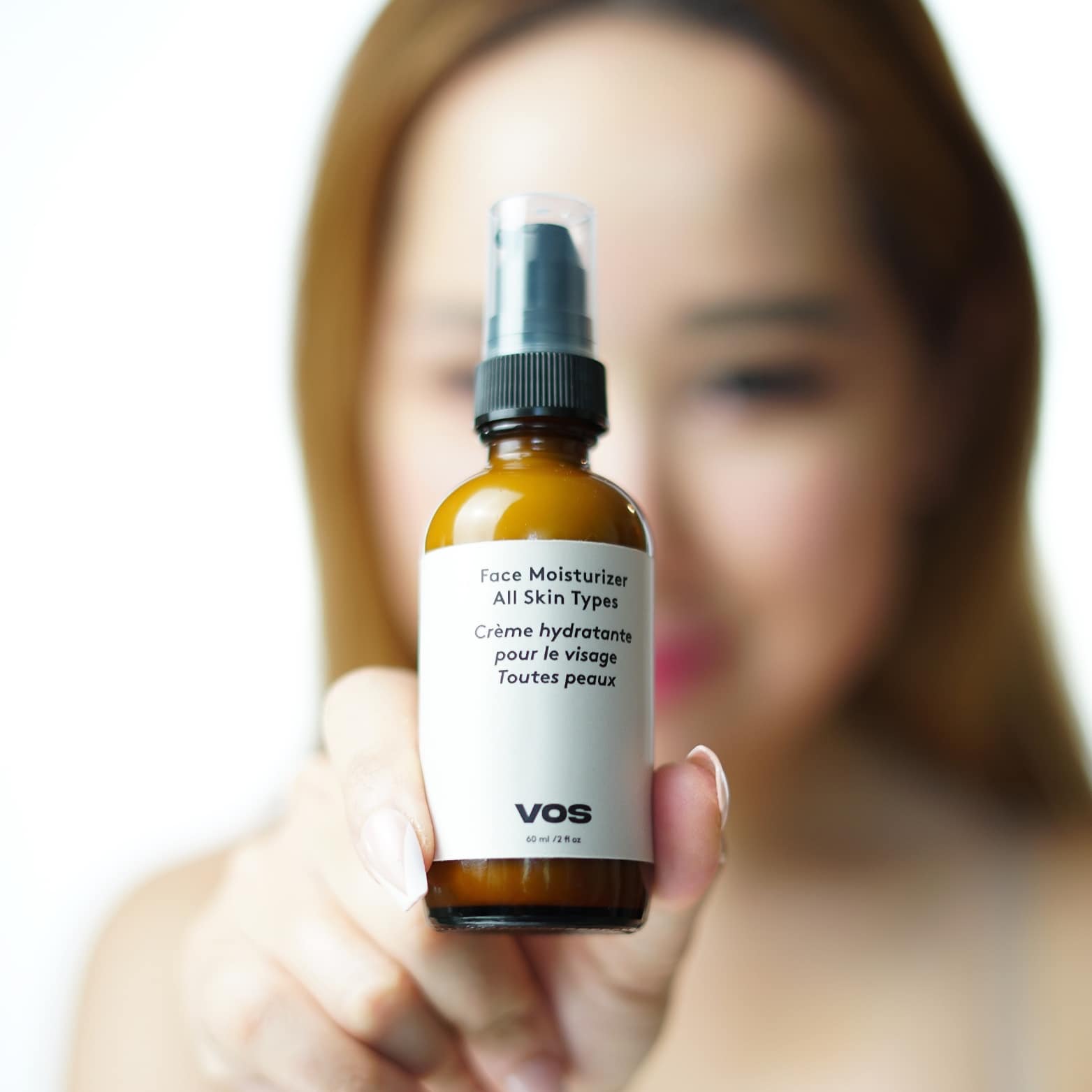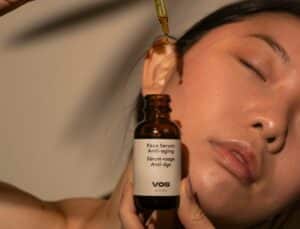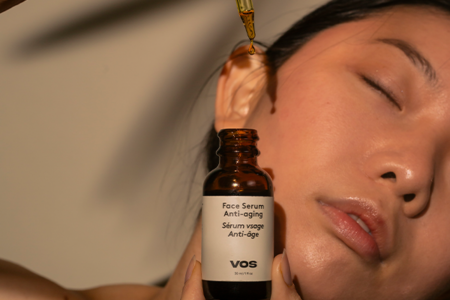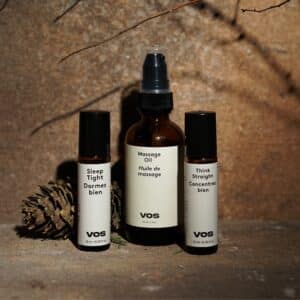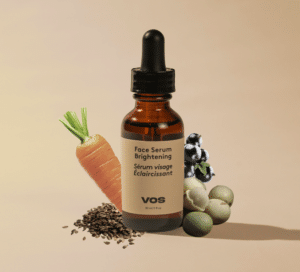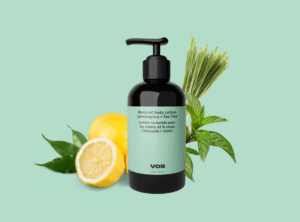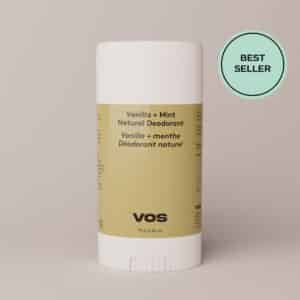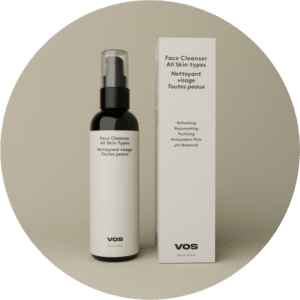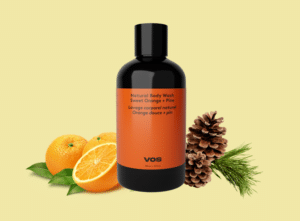Finding the perfect moisturizer can be a daunting task, especially with the plethora of options available in the market. If you’re leaning towards natural solutions, you’re on the right track. Natural moisturizers offer numerous benefits without the harsh chemicals found in many commercial products. In this two-part series, we will explore the best natural moisturizers for your face, starting with understanding what makes them effective and how to choose the right one for your skin type.
What Makes a Good Natural Moisturizer?
A good natural moisturizer is derived from nature, meaning it’s free from synthetic ingredients, parabens, and sulfates. These moisturizers use plant-based oils, extracts, and other natural ingredients that not only hydrate the skin but also nourish it with essential nutrients.
Key Ingredients in Natural Moisturizers
- Aloe Vera: Known for its soothing properties, aloe vera is an excellent natural moisturizer. It hydrates the skin without leaving a greasy residue, making it suitable for all skin types.
- Coconut Oil: Rich in fatty acids, coconut oil provides deep hydration and helps repair the skin barrier. It’s particularly beneficial for dry and sensitive skin.
- Shea Butter: Shea butter is packed with vitamins and fatty acids that nourish and moisturize the skin. It’s especially effective for dry and aging skin.
- Jojoba Oil: Jojoba oil closely resembles the skin’s natural sebum, making it an excellent moisturizer for oily and acne-prone skin. It balances oil production while providing hydration.
- Rosehip Oil: Rosehip oil is rich in vitamins A and C, which promote skin regeneration and improve skin texture. It’s ideal for mature and sun-damaged skin.
Benefits of Using Natural Moisturizers
Natural moisturizers offer a range of benefits beyond hydration. Here are some key advantages:
- Nourishment: Natural ingredients are rich in vitamins, minerals, and antioxidants that nourish the skin, promoting a healthy complexion.
- Gentle on Skin: Free from synthetic chemicals, natural moisturizers are less likely to cause irritation or allergic reactions, making them suitable for sensitive skin.
- Eco-Friendly: Natural moisturizers are often sustainably sourced and packaged, making them a more environmentally friendly option.
- Anti-Aging Properties: Many natural ingredients, such as rosehip oil and shea butter, have anti-aging properties that help reduce the appearance of fine lines and wrinkles.
- Non-Comedogenic: Many natural oils, like jojoba and rosehip oil, are non-comedogenic, meaning they won’t clog pores and are suitable for acne-prone skin.

How to Choose the Best Natural Moisturizer for Your Face
Choosing the right natural moisturizer depends on your skin type and specific needs. Here are some tips to help you make the best choice:
For Dry Skin
- Look for: Rich, emollient ingredients like shea butter, coconut oil, and avocado oil.
- Why: These ingredients provide intense hydration and help lock in moisture.
For Oily Skin
- Look for: Lightweight, non-comedogenic oils like jojoba oil and aloe vera.
- Why: These ingredients balance oil production without clogging pores.
For Sensitive Skin
- Look for: Soothing ingredients like aloe vera, chamomile, and calendula.
- Why: These ingredients calm irritation and reduce redness.
For Aging Skin
- Look for: Ingredients rich in antioxidants and vitamins, such as rosehip oil and argan oil.
- Why: These ingredients promote skin regeneration and reduce the appearance of fine lines and wrinkles.
How to Incorporate Natural Moisturizers into Your Skincare Routine
Incorporating natural moisturizers into your daily skincare routine can enhance your skin’s health and appearance. Here’s how you can do it effectively:
Morning Routine
- Cleanse: Start with a gentle cleanser to remove any impurities from your skin.
- Tone: Use a natural toner to balance your skin’s pH levels.
- Moisturize: Apply a lightweight natural moisturizer suitable for your skin type.
- Protect: Finish with a sunscreen to protect your skin from UV damage.
Evening Routine
- Cleanse: Remove makeup and impurities with a gentle cleanser.
- Exfoliate: Use a natural exfoliator once or twice a week to remove dead skin cells.
- Tone: Apply a toner to prep your skin for moisturizing.
- Moisturize: Use a richer natural moisturizer to hydrate and repair your skin overnight.
DIY Natural Moisturizer Recipes
If you prefer a hands-on approach, you can create your own natural moisturizers at home using simple ingredients. Here are a couple of easy recipes to get you started:
Aloe Vera and Coconut Oil Moisturizer
Ingredients:
- 2 tablespoons of aloe vera gel
- 1 tablespoon of coconut oil
Instructions:
- Mix the aloe vera gel and coconut oil in a small bowl.
- Apply the mixture to your face and gently massage it in.
- Store any leftover moisturizer in a small jar.
Shea Butter and Jojoba Oil Moisturizer
Ingredients:
- 2 tablespoons of shea butter
- 1 tablespoon of jojoba oil
Instructions:
- Melt the shea butter in a double boiler.
- Add the jojoba oil and stir well.
- Let the mixture cool and solidify.
- Apply a small amount to your face and massage it in.
Conclusion
Natural moisturizers offer a wealth of benefits for your skin, providing hydration, nourishment, and protection without the use of harsh chemicals. By understanding the key ingredients and how to choose the right one for your skin type, you can enjoy a healthier, more radiant complexion.where we will delve deeper into specific natural moisturizers and their unique benefits.
